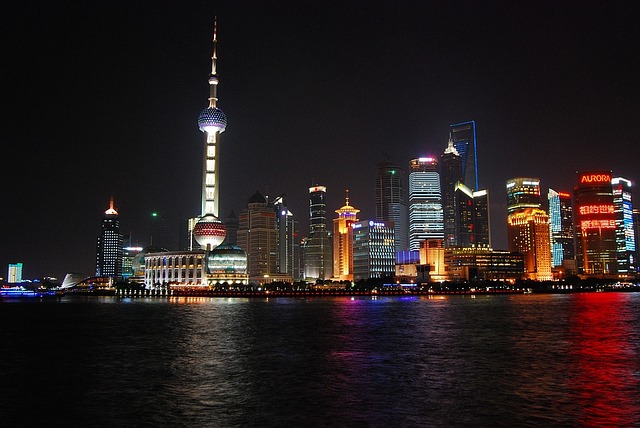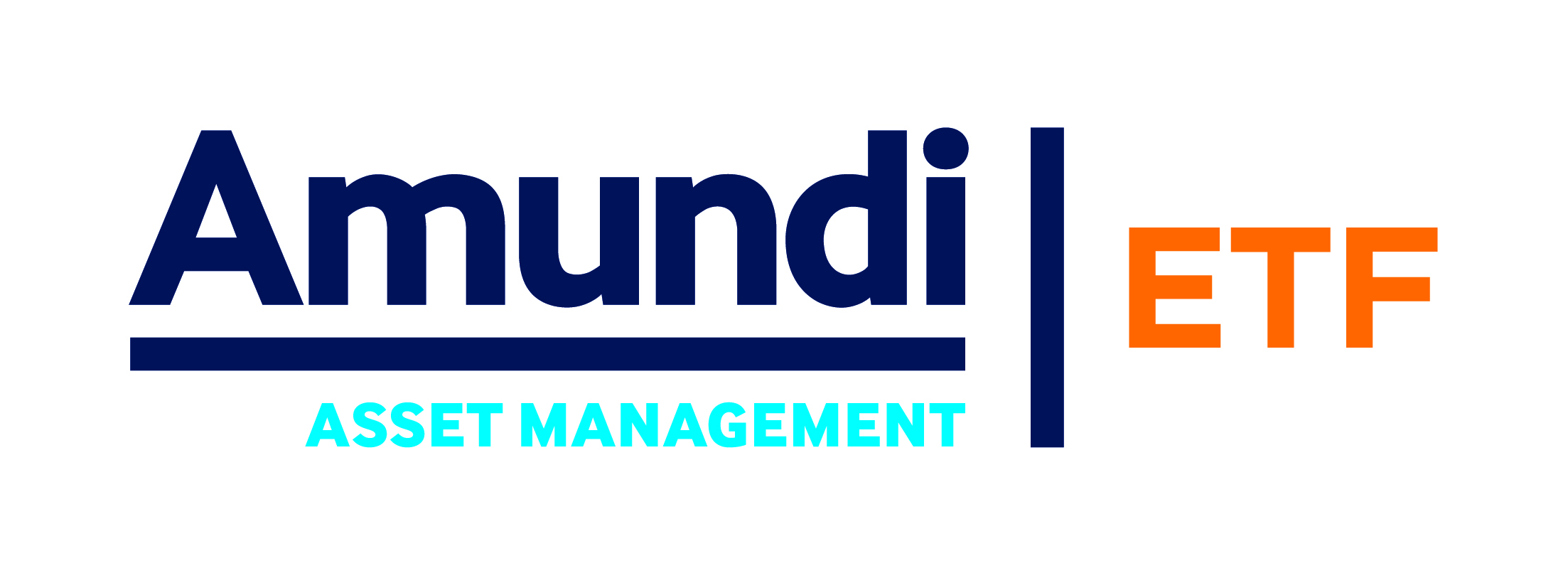Asia Pacific becomes major growth area for ETF providers like Amundi and BlackRock.
French finance giant Amundi is expanding its ETF business in Asia by providing more passive investment options to local institutional investors.
The Paris-based asset manager is keeping an eye on the Asian market as it anticipates that more Asian asset owners will opt for passive strategies for their asset allocation.
Amundi made inroads into Asian ETF market in 2016, listing two ETFs in Hong Kong: the Amundi FTSE China A50 Index ETF (82843) and the Amundi Hang Seng HK 35 Index ETF (83012).
The funds track the major A-share and Hong Kong large cap benchmarks FTSE China A50 Index and Hang Seng HK35 Index.
These China and Hong Kong equities centric ETFs have been increasingly well-received in Hong Kong over the past few years particularly with the impetus of the A-share inclusion into MSCI Emerging Market Index.
According to Morningstar, RQFII ETFs, the RMB-denominated physical A-share ETFs developed through the RQFII investment quota granted by Mainland authorities, recorded estimated net inflows of 1.6 billion RMB (US$234.3 million) in May, up from 700 million RMB in the previous month.
The increase has put YTD estimated net outflows from RQFII ETFs in Hong Kong at 3.6 billion RMB at the end of May.
Despite the sluggish performance caused by volatile market condition earlier this year, the China A50 ETF and Hang Seng HK35 ETF have registered steady inflows since inception with total AUMs of approximately HK$490 million (US$62.8 million) and HK$171 million as of June 30, respectively.
According to Sunny Leung, a senior sales manager at Amundi, the company provides a full range of ETF, index and smart beta products for clients all across Asia.
Apart from the Hong Kong-domiciled ETFs, passive investment discretionary business will be the focal point for Amundi in Asia going forward.
"We offer institutional clients a broad range of more than 100 UCITS ETFs covering all asset classes and including smart beta and environmental, social and governance (ESG) exposure," Mr Leung notes.
He added that the company will leverage its internal customisation and research capabilities to provide its Asian clients with tail-made index and smart-beta solutions to answer their investment needs.
Amundi will also keep on developing its ETF ranges in Asia based on continuous dialogue with its clients. It will provide investors the right instruments with a particular attention on cost competitiveness and innovation, says Mr Leung.
On market trend, Mr Leung highlights that Asian institutional investors have stronger appetite for passive strategies and ETFs.
"In equity, we've seen investors exploring more on thematic ideas and relative trades rather than directional trades. We've also seen investors looking for market neutral strategies in the bumpy environment," he notes.
In fixed income space, Mr Leung observes that more Asian investors are looking into floating rate notes due to rising interest rate concern.
"Moving into second half, we believe equity investor will be increasingly looking for diversification. In fixed income, investors may wish to maintain a cautious stance in duration and start to consider EUR bond compared with USD denominated bonds given the currency uncertainty," he notes.
Indeed, Asia Pacific has become the one of the major growth areas for international ETF managers due to the growing institutional demand.
For example, BlackRock doubled its ETF AUM in Asia Pacific over the past three years to US$100 billion. About 70%-80% of the growth in the region was driven by institutional investors including pensions, sovereign wealth funds, and insurance companies.
Amundi had total ETF AUM of about 40.3 billion euros (US$47.2 billion) at the end of June, up from 32.9 billion euros a year ago.




